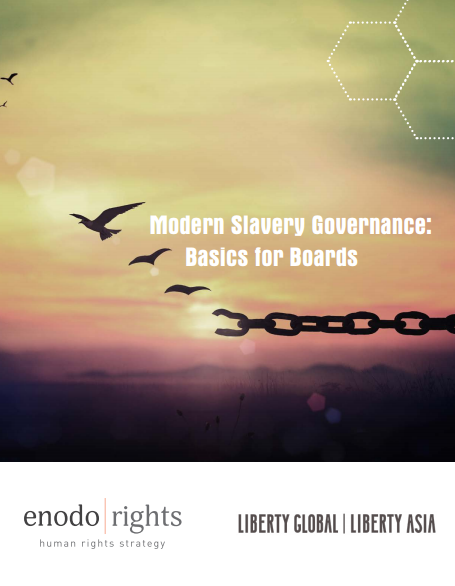Combatting Human Trafficking: What Do We Know about What Works?
GuidanceEvaluations of programmes designed to combathuman trafficking and modern slavery identifysome aspects of ‘What Works;’ however, theirsuccess to date have been limited. Amendmentsto funding mechanisms, notably longer timelines,would improve the e...Read More

